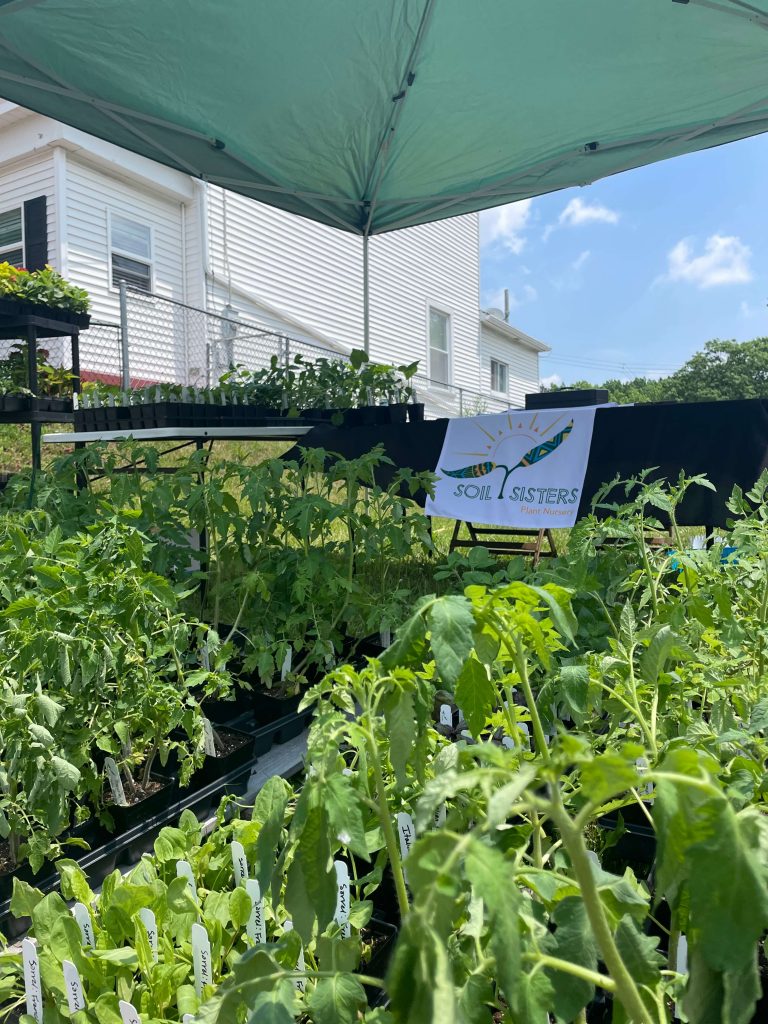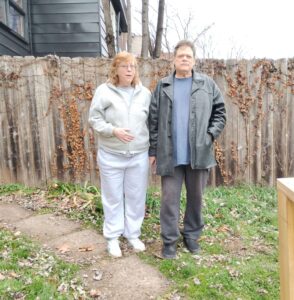Raynise Kelly’s perspective on food changed when she became a mother and began making meals for her daughter.
“I started to look at the way we were eating and realized that we weren’t eating as much fresh food as my sister and I did growing up,” Raynise reflected.
Raynise and her sister TaRay Kelly are both Catapult Startup to Storefront alumni and the duo behind Soil Sisters Plant Nursery. Growing up in Beltzhoover, they remember going to small, local shops to buy fresh fruit and veggies.
“There were small coolers with fresh produce there. It wasn’t a lot, but it was enough for people who wanted a head of lettuce or some garden tomatoes,” Raynise said in a Pittsburgh Post-Gazette article.
Over time, those stores shuttered, and fresh options are now two bus routes away.
URA Grant Helps Sisters Purchase Four Beltzhoover Lots
But that’s all about to change with the recent announcement of a $100,000 Avenues of Hope grant from the Urban Redevelopment Authority of Pittsburgh (URA) that will enable the sisters to purchase four lots in Beltzhoover that have sat vacant since the early 2000s.
The lots are just under 17,000 square feet and located next to East Warrington Avenue, not far from where the sisters grew up and close to the Soil Sisters House of Plants, their storefront for house plants and seedlings they opened in 2022.
The sisters plan to transform the vacant properties into an urban farm for fresh produce to be sold at an on-site market — and they want it to be a community effort.
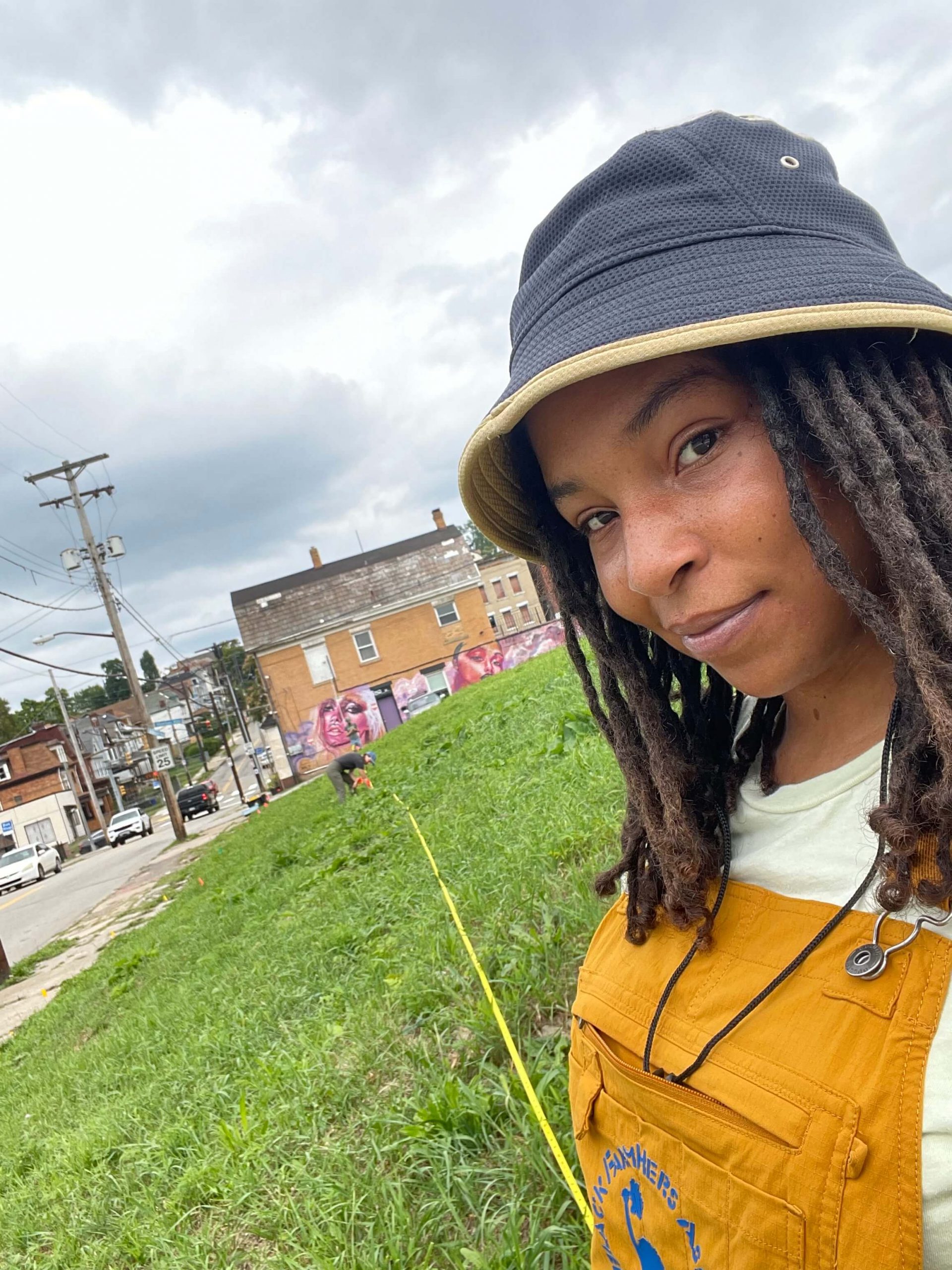
An Urban Development Partnership
Catapult helped the Soil Sisters negotiate the sale price of the lots down from $27,000 to $20,000 and granted them $10,000 of a $14,000 award from the Steelers Social Justice Fund to put toward the lots.
“It has meant a lot to our organization and our players to be able to support charitable organizations doing great work in our community through our Social Justice Fund,” said Director of Community Relations for the Steelers, Blayre Holmes Davis. “We are so happy to see Catapult Greater Pittsburgh put these dollars to great use by supporting this exciting new project. We know this will truly make a meaningful impact in the community for generations to come.”
For the URA, this project checked all the boxes. It’s not only activating unused land, but it will also be an investment in the health and safety of Beltzhoover’s commercial corridor.
“I am pleased to highlight the significance of the sale of these lots and what it means for the URA and the broader community," said URA Executive Director, Susheela Nemani-Stanger. "Soil Sisters' dedication and impact make them a truly deserving entity for our investment programs and assistance. This partnership embodies the ultimate synergy in urban development, showcasing how we can positively affect change by activating blighted properties and fostering sustainable growth."
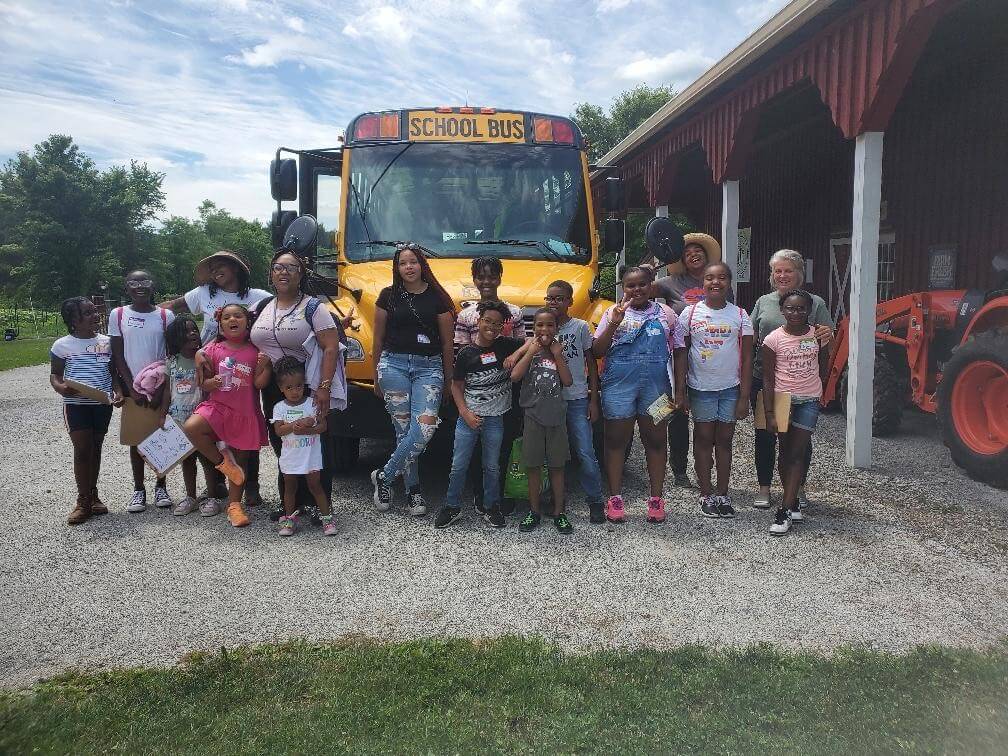
The Soil Sisters’ Entrepreneurial Journey
Raynise and TaRay’s journey back to their Beltzhoover roots didn’t happen overnight; growth came slow and steady over the past decade.
Raynise’s initial realization about the importance of food when she became a mother started her down a path to learn more about how its grown and who has access to it. She enrolled at Bidwell Training Center to study horticulture, graduating in 2015. In 2018, she started working at Grow Pittsburgh to further her education in the world of gardening and agriculture.
It was there that she noticed a gap in the market. While Pittsburgh had many community gardens, there weren’t many places to source good quality seedlings for those gardens.
“I saw lot of folks gaining traction growing their own food as urban farmers and being really passionate about it, but I recognized that there was only a small group of people who knew more of the specifics around it, like the varieties of plants that are susceptible to less diseases in our climate,” Raynise explained. “Seedlings were our ticket to connecting with the community and our way to talk about education around food.”
That was the beginning of Soil Sisters. In 2020, Raynise and TaRay made it their mission to increase food access in low-income, predominantly Black communities. (TaRay also has a green thumb as a former member of the University of Pittsburgh’s groundskeeping team and their current assistant manager of housing and facilities.)
The sisters’ ultimate vision is to help Black communities rediscover a connection to the land that has become severed over the decades.
“We all know the story of how we as African Americans got here through enslavement, and we know the traumatic story of our relationship with the land and how we had to work the fields to pick cotton,” Raynise said in a TribLIVE story. “But part of that story not talked a lot about is these small gardens. A lot of the enslaved people had them very close to their dwellings so that they could sustain themselves and be resilient enough to make it through.”
How Soil Sisters Took Their Business to the Next Level with Catapult
The sisters started by selling seedlings online and at local events, joining Catapult’s 2019 Startup to Storefront cohort to strengthen their concept. The program helped them with the administrative back-end work, so that they could focus on what they do best.
“From your business account to your taxes to licensing and permits, there’s just so many things that I didn’t think about as far as running a business that we literally were walked through at Catapult,” Raynise remembered.
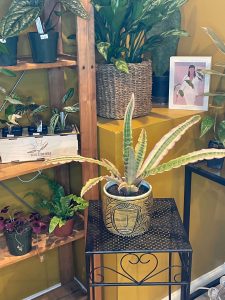
A little family support helped propel their business further when their grandparents gifted them the vacant lot where their father’s childhood home once stood in 2021. Ever since, the sisters have been working on building a greenhouse on the site.
Now, as the weather warms and the spring flowers are in full bloom, the Kelly sisters are working hard on preparing the greenhouse and their new lots for the growing season. They are currently working with the Allegheny County Conservation District, Pennsylvania Sustainable Agriculture, and Worm Return LLC to remediate the soil. They’ll be inviting community members into the process as they spread compost, mulch, and plant seeds, as well as to plan the future of the lots.
“I’m looking forward to inviting the community to talk about what these lots should be, because I don’t want them to just be ours,” Raynise said. “The conversation is so much bigger than just the Soil Sisters; everybody needs to feel that they’re a part of it and will continue it on.”

